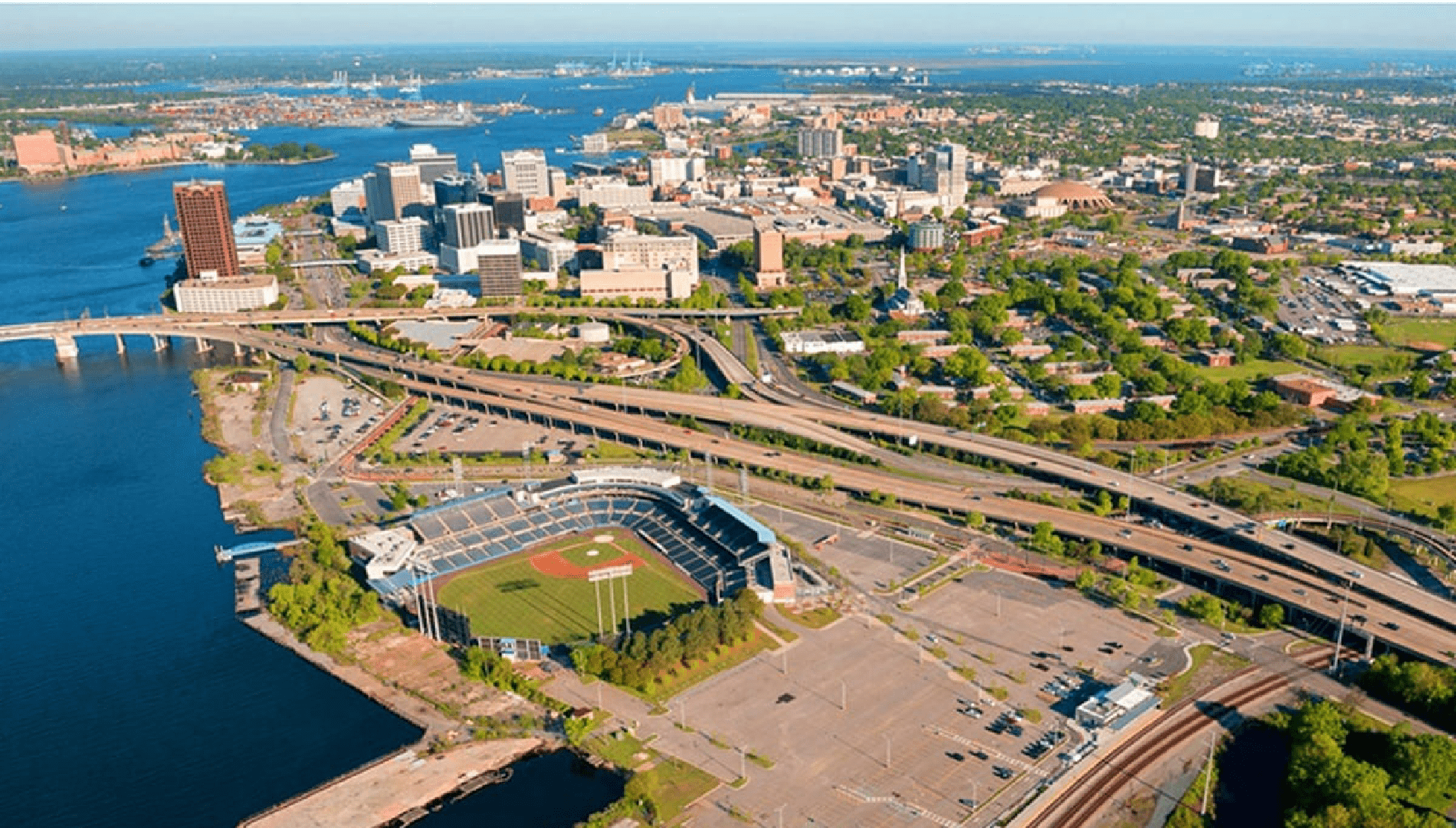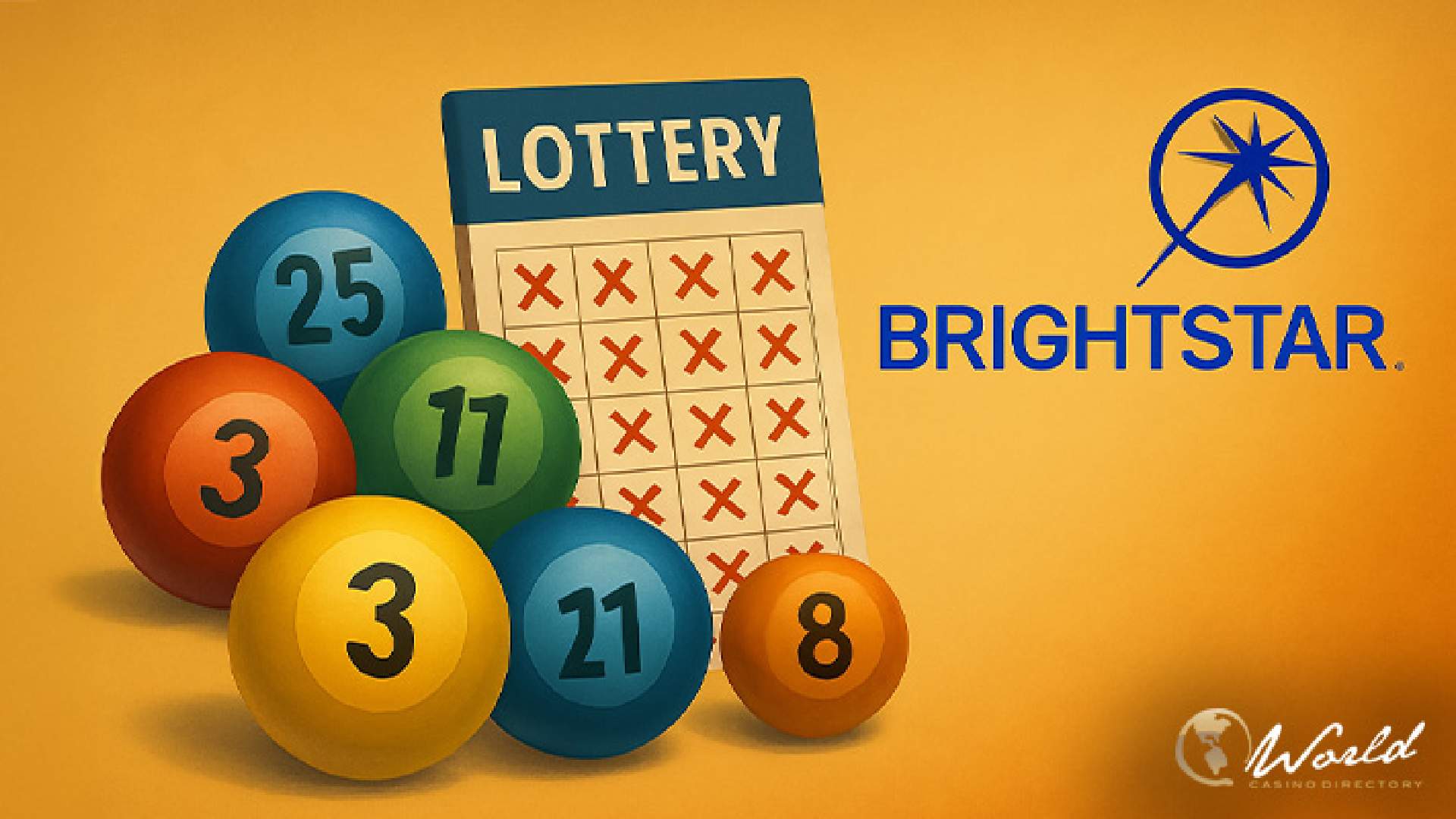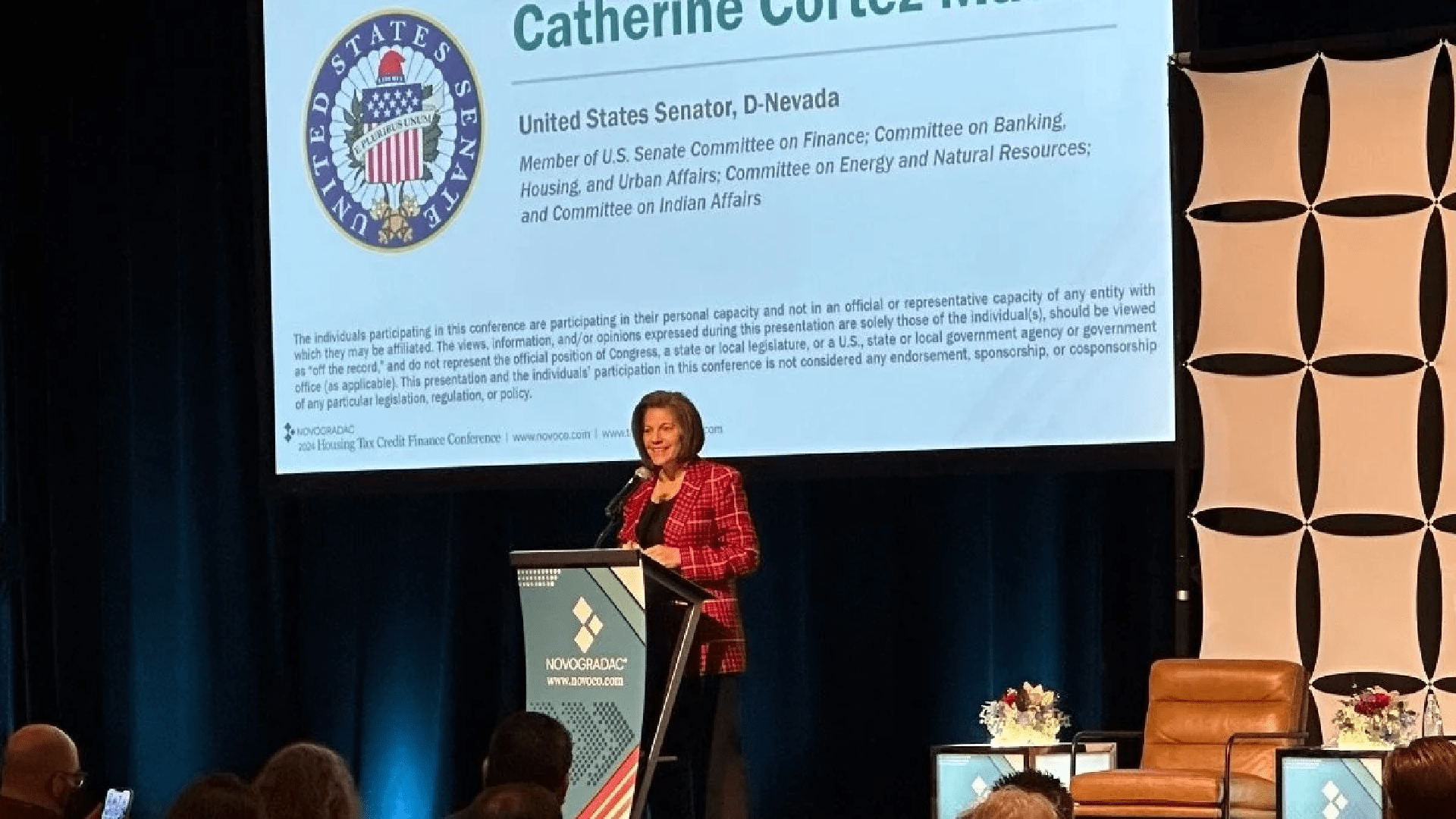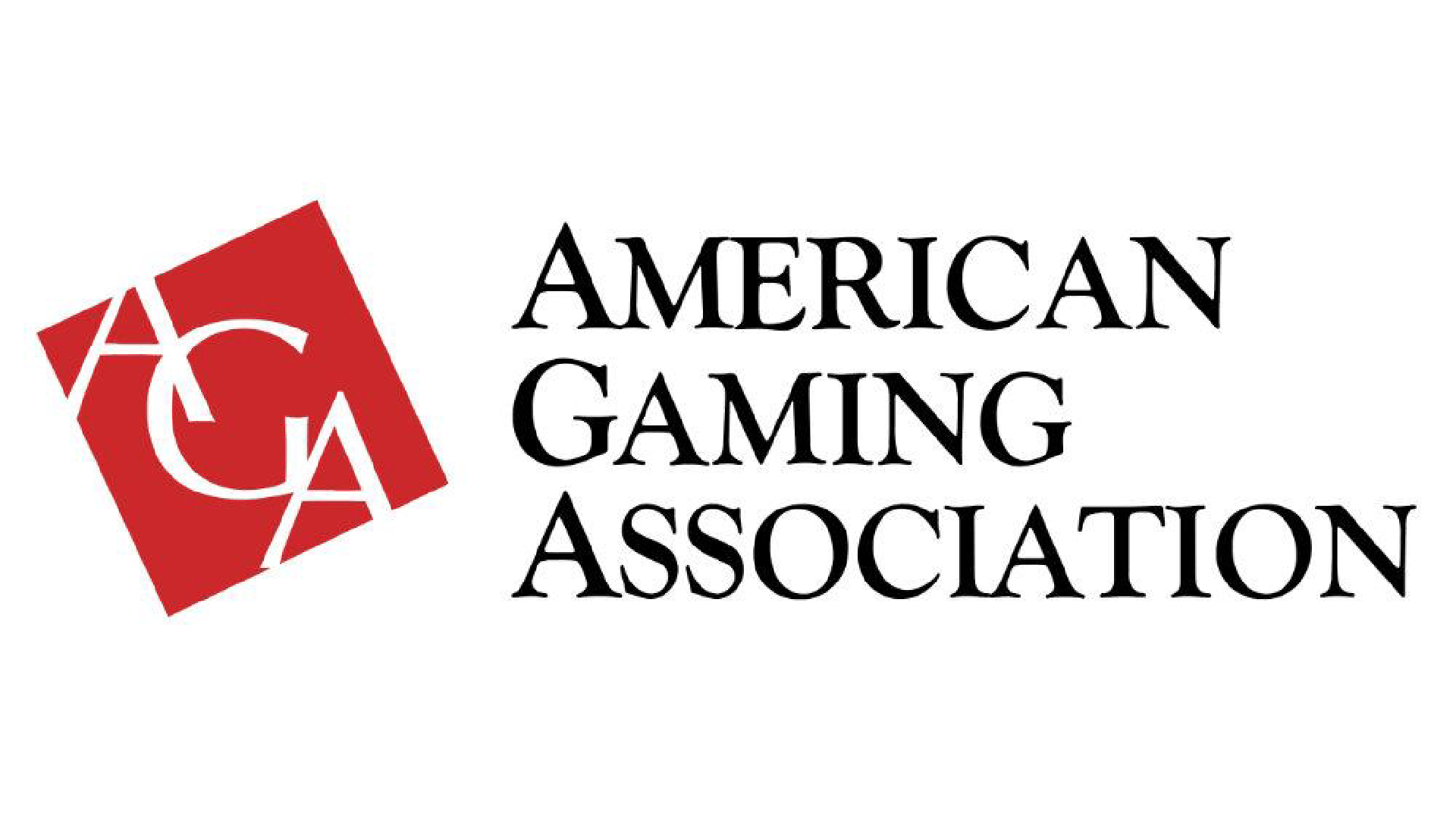Norfolk Readying to Field New Casino Bids Should HeadWaters Plan Bust

Norfolk officials are getting ready to consider other ideas for a commercial casino resort in Hampton Roads, Virginia, in the event that their preferred gaming partner's existing plan doesn't work out.
The HeadWaters Resort & Casino project has been approved by Norfolk voters for about three and a half years, yet the building site is still unbroken. It is situated directly east of the city's Harbor Park Minor League Baseball stadium. The Pamunkey Indian Tribe and Golden Eagle Consulting, the developers of the casino, are still working on the project's details after the city last year rejected their suggested two-phase building timeline.
"If they don’t perform, we will have somebody take their place,” Norfolk City Attorney Bernard Pishko told The Virginian-Pilot.
The casino must apply for a gaming license from the Virginia Lottery Board by November 2025 in order to comply with the terms of the city-Pamunkey Tribe development agreement from 2020. The Norfolk government is getting ready for what would happen if HeadWaters doesn't complete its plan according to the city's demands and is accepted for a license to operate slot machines, table games, and sports bets by November 2025. That date is drawing near.
The deadline in November 2025 can only be extended by state legislators. According to Virginia's 2020 casino law, if a project does not receive a gaming license within five years of ratification, the passed casino referendums are nullified.
The History of Norfolk Casino
In 2020, the Pamunkey Indian Tribe's proposed casino project was approved by Norfolk voters. State legislation reserved a casino resort possibility for the community. Among the five communities designated for a casino license to promote regional economic growth was Norfolk.
The Pamunkeys, a federally recognized tribe with a small reserve around 65 air miles northwest of Norfolk in King William, formed an alliance with city officials. There are less than 500 people in the tribe.
Norfolk joined the tribe even though it had no prior gaming expertise in order to allay worries that the Pamunkeys may establish a tribal casino on their federal land, which would hurt business at the city's commercial casino and reduce its tax benefit. Some speculated that the development of nongaming projects around the Norfolk casino would have been further curtailed by a tribal casino.
The tribe collaborated with billionaire Jon Yarbrough, who amassed his wealth from the production of Indian gambling machines, to provide funding for the $500 million resort while retaining a stake in the establishment. Yarbrough's Golden Eagle Consulting obtained approval from the US Department of the Interior for the contract terms of HeadWaters, despite the fact that it is a commercial venture, to ensure that it is equitable for the tribe.
Design Obstacles HeadWaters has faced multiple design obstacles
The first plan was to build the casino beside the Elizabeth River while generating money for the project with a makeshift casino inside Harbor Park. These plans were abandoned when it was discovered that the 2020 Virginia casino bill did not permit casino gaming at Harbor Park, which is not the same mailing address as the parking lot where HeadWaters was approved for construction by Norfolk voters.
"The temporary casino gaming is to be conducted at the same site referenced in the referendum,” Virginia’s casino law says of temporary gaming structures. Norfolk voters approved casino gaming through the ballot question only “on property east of Harbor Park Stadium … with an approximate street address of 200 Park Avenue.”
Then, a two-phase development plan was offered by the Pamunkeys and Golden Eagle, with the casino opening first and the hotel and resort following. City officials rejected the idea, claiming that their contract with the developers required the resort complex to be completed all at once.
After the tribe started over, Virginia gave Norfolk a sizable financial contribution for the city's Coastal Storm Risk Management Project. Elizabeth and her partners are creating a 17-foot-tall floodwall as part of the $2.6 billion infrastructure project.
HeadWaters had to rethink its concept in order to accommodate the floodwall, which included eliminating the marina that was originally intended to let boats dock and visit the casino. The resort's riverfront hotel had to relocate as well, inland.






